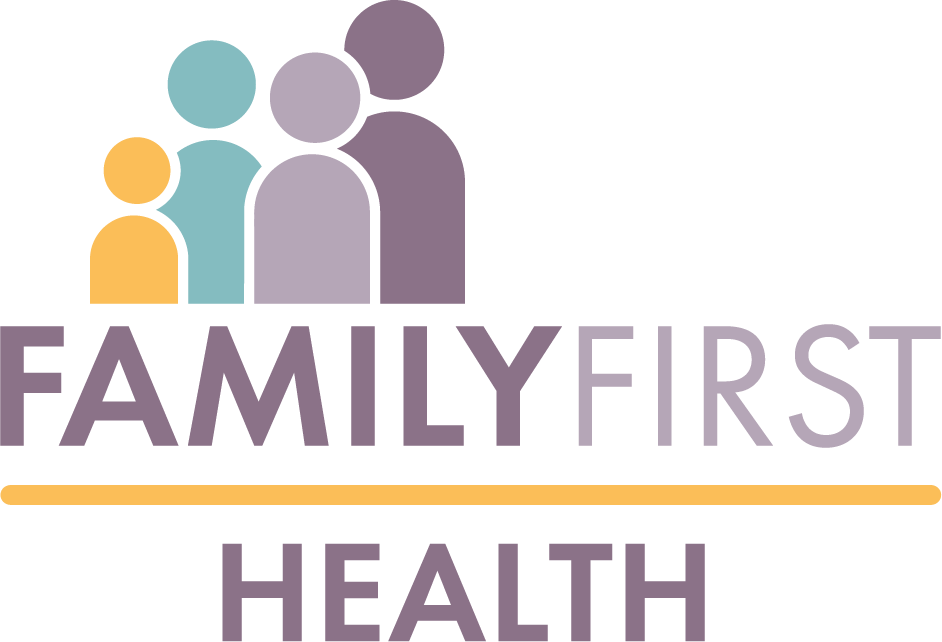Family First Health has partnered with Keystone Health since 2011 to provide services through the Agricultural Worker Program. These services, which include primary medical and dental care, behavioral health and substance use support, focus on the needs of migrant and seasonal workers.
Family First Health took some time recently to speak with Melanie Finkenbinder, MD, MPH, who serves as the medical director for the program. Dr. Finkenbinder also provides direct patient care at the Family First Health Gettysburg Center and at her primary care clinic in Gardners, PA.
Can you explain for us how farm workers and seasonal workers learn about the program and access services?
Yes. Agricultural workers have an exceptionally difficult time accessing health care services and preventative health services.
They are generally very isolated. Many of them come here for just several months of the year. Many don’t know their way around the area.
Many have very little knowledge of the American healthcare system and how it works, and most lack transportation to be able to get themselves to a primary care clinic or even to urgent care or to the emergency room.
The Keystone Health Agricultural Worker Program has outreach teams throughout the state. Their job is to find agricultural workers and agricultural employers, and areas where agricultural workers might be living; to reach out to them at home or at work to inform them about the program; and help them access health care services directly at our clinic or through the program’s contract with Family First Health.
When an individual or family connects with Family First Health, typically for primary medical care, we use a coordinated care approach to address their needs in a comprehensive manner. How does that work with a population that might be transient or seasonal, where you may only see them during a specific time of the year?
Like Family First Health, the goal of Keystone Health is to be a patient-centered medical home, and to facilitate connecting agricultural workers throughout the state with other patient-centered medical homes that can not only provide preventative care and primary care services for them while they’re in the United States or while they’re in the Pennsylvania area, but that can also help to facilitate transfer of care wherever they go when they migrate.
Keystone Health also has a relationship with the Migrant Clinician Network, which works with patients to continue their care, access testing, or find a specialist when they migrate or move from our service area.
Although the Agricultural Worker Program relies on that network to help transfer care, while agricultural workers are here the program depends on organizations like Family First Health, that offers more comprehensive primary care that includes behavioral health, dentistry, and substance use services. Family First Health community health workers or care coordinators can help patients apply for financial assistance, identify other social determinants of health that might prevent them from receiving services, and share with them other community resources – just like we would for any of our other patients. And when a patient needs a specialist visit, Family First Health uses its resources to facilitate appropriate referrals.
Do you have an experience with a particular patient or family that you can share with us that demonstrates how we were able to make a difference in their health care as a result of the program?
Yes, I have a particular patient in mind: a young man who came into our care system several years ago. He was just 22 years old at the time, and was someone who may not have sought care if it had not been for the program’s outreach services.
He came to us because he was experiencing fatigue and pain in his knees. One of the program’s bilingual providers picked up on the fact that this wasn’t the typical case of fatigue or knee pain, did some blood work, and found that this 22 year-old man had end stage renal failure.
Luckily, we were able to find the individual and help him get to the emergency room. He ended up needing dialysis treatment, and being able to afford everything because he had access to emergency medical assistance that’s available to people who are uninsured. He was able to get ongoing dialysis for the remainder of the time that he was here in the United States. And he was able to continue working.
Once he’d been discharged back to the community, he continued to follow up, and the program was able to continue to address his medical needs and to coordinate his care with specialists.
He is on track to live a long life, but if there had not been a program that was able to reach out to him and provide these resources, and if there had not been community health centers like Keystone Health and Family First Health to help coordinate his care and to push it every step of the way to make sure that he got everything he needed, I think there’s a very good chance that he would have had a poor outcome.
The whole safety net really served this patient well because of a patient-centered medical home that was able to put together, and keep together, all the pieces. Community health centers, like Family First Health, that know how to reach out to patients and understand their needs and social determinants of health, provide the “glue” necessary to ensure everything stays together for a good outcome.
To hear the complete story and the inspiring outcome for this health care experience, view below.
The Agricultural Worker Program is open to migrant or seasonal farmworkers and dependent family members. Workers must show proof of agricultural employment to register. Once registered, the farmworker will be issued a card that can be used at Family First Health sites to receive services for a small co-pay.
For more information about the program, visit: keystonehealth.org/keystoneagworkerprogram/.
